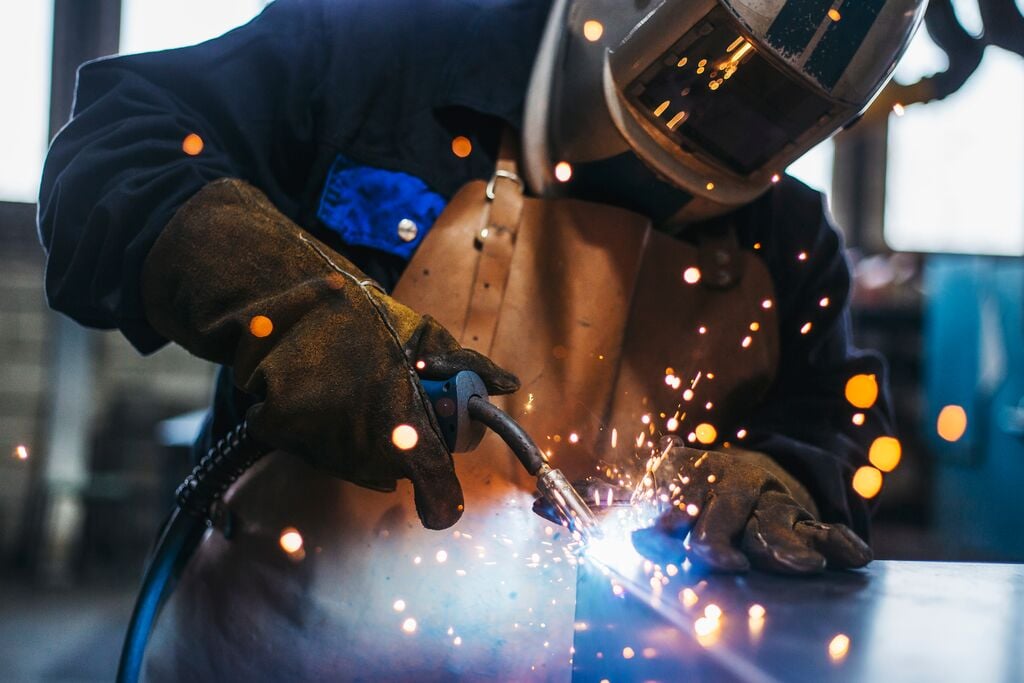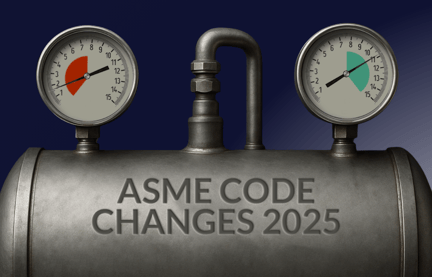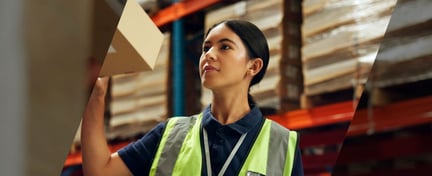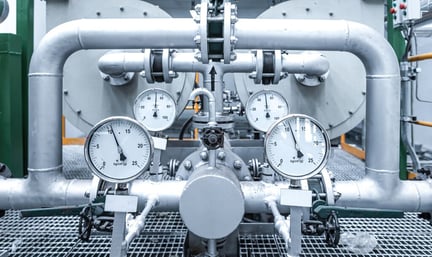In the ever-evolving landscape of the manufacturing industry, the importance of welding quality cannot be overstated. Precision and adherence to standards are paramount.
It's not just about joining metals; it's about ensuring the integrity of structures and equipment, especially in industries where pressure and safety are critical factors. This is where welding certification and welding qualifications steps in as a crucial aspect of operations.
The quality of welding operations is a crucial aspect of strong manufacturing and construction practices. Poor welding can lead to structural failures, product recalls, and significant financial losses, not to mention the potential for injury or loss of life in severe cases. Certification, whether for welding procedures or welder operators, signifies that your welders meet the stringent criteria set by industry standards and regulatory bodies.
What types of welding qualifications are available?
Weld procedure qualifications validate that the welds meet mechanical property requirements, ensuring the structural soundness of fabricated components. These qualifications encompass various parameters such as materials, thickness, heat inputs, and joint configurations, tailored to specific production needs.
Similarly, welder operator qualifications ascertain the skill and competency of welders in producing quality welds. These qualifications are based on materials, consumables, processes, and welding positions, ensuring consistency and reliability in weld quality.
But why is certification so crucial to the industry?
The benefits of certification are diverse. By employing certified welders, businesses enhance workforce proficiency and productivity, thereby delivering high-quality products to customers. Moreover, compliance with industry standards encourages brand confidence, instilling trust in customers and unlocking new commercial avenues.
For companies involved in manufacturing pressure equipment falling under regulatory directives like PED or PESR, certification is not just beneficial; it's mandatory. Compliance with these regulations requires certified welding procedures and qualified welders, validated by accredited bodies.
The certification process isn't exclusive; it's inclusive. It welcomes candidates who have undergone training or possess relevant industrial experience. Furthermore, it provides opportunities for individuals to demonstrate their proficiency through rigorous qualification testing. Examples of qualification testing standards include BS EN ISO 9606 series for various materials and ASME Boiler and Pressure Vessel Code for comprehensive welding and brazing qualifications.
As the challenges of global supply chains and regulatory compliance grow, demonstrating your commitment to your stakeholders becomes increasingly valuable. By prioritising welding certification, businesses can ensure the safety, reliability, and integrity of their products, thereby securing their reputation and success in a competitive marketplace.
Learn how LRQA can help you meet welding industry & regulatory needs









